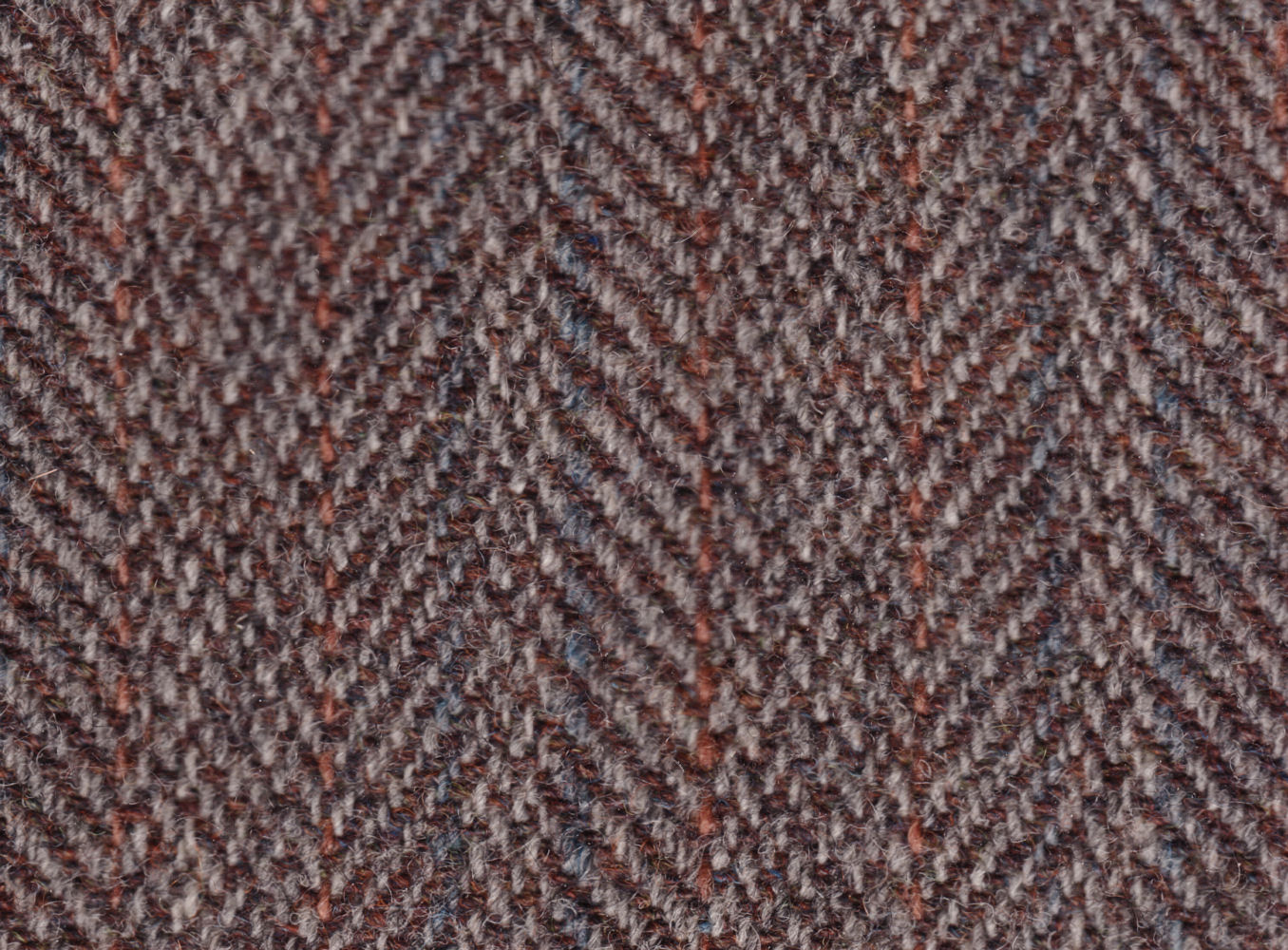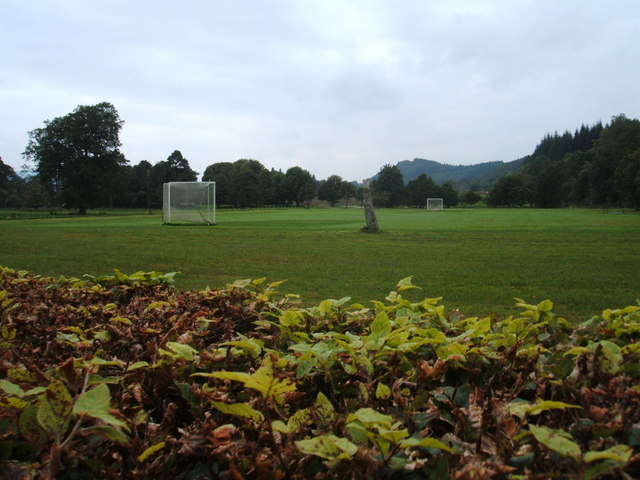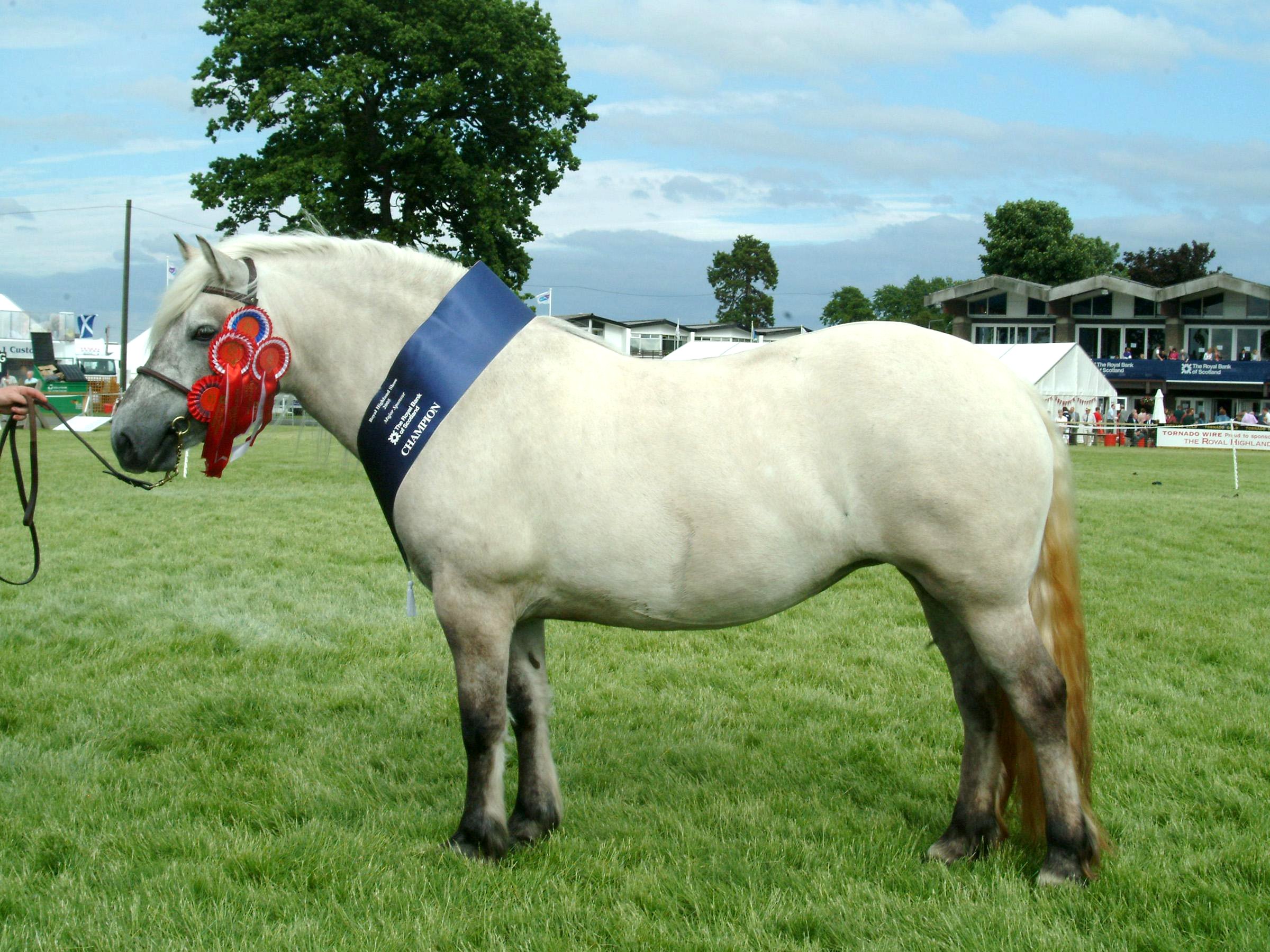|
List Of English Words Of Scots Origin
List of English words of Scots origin is a list of English language words of Scots origin. See also "List of English words of Scottish Gaelic origin", which contains many words which were borrowed via Highland Scots. ; Blackmail:A form of extortion carried out by the Border Reivers, borrowed into English with less violent connotations. ;blatant ; Bonspiel ; caddie or caddy ;canny:Also Northern English. From English ''can'' in older sense of "to know how." ; clan:Borrowed from Gaelic ''clann'' (family, stock, off-spring). ; convene :Borrowed from French ''convenir'', from Latin ''convenire''. ; cosy ;firth:Derived from Old Icelandic fjǫrdic (see fjord) ; glamour:Meaning magic, enchantment, spell. From English ''grammar'' and Scottish ''gramarye'' (occult learning or scholarship). ; gloaming:Middle English (Scots) ''gloming'', from Old English ''glomung'' "twilight", from OE ''glom'' ;golf ;glengarry:(or Glengarry bonnet) A brimless Scottish cap with a crease running down the cro ... [...More Info...] [...Related Items...] OR: [Wikipedia] [Google] [Baidu] |
Scots Language
Scots ( endonym: ''Scots''; gd, Albais, ) is an Anglic language variety in the West Germanic language family, spoken in Scotland and parts of Ulster in the north of Ireland (where the local dialect is known as Ulster Scots). Most commonly spoken in the Scottish Lowlands, Northern Isles and northern Ulster, it is sometimes called Lowland Scots or Broad Scots to distinguish it from Scottish Gaelic, the Goidelic Celtic language that was historically restricted to most of the Scottish Highlands, the Hebrides and Galloway after the 16th century. Modern Scots is a sister language of Modern English, as the two diverged independently from the same source: Early Middle English (1150–1300). Scots is recognised as an indigenous language of Scotland, a regional or minority language of Europe, as well as a vulnerable language by UNESCO. In the 2011 United Kingdom census, 2011 Scottish Census, over 1.5 million people in Scotland reported being able to speak Scots. As there are ... [...More Info...] [...Related Items...] OR: [Wikipedia] [Google] [Baidu] |
Common Sense
''Common Sense'' is a 47-page pamphlet written by Thomas Paine in 1775–1776 advocating independence from Great Britain to people in the Thirteen Colonies. Writing in clear and persuasive prose, Paine collected various moral and political arguments to encourage common people in the Colonies to fight for egalitarian government. It was published anonymously on January 10, 1776, at the beginning of the American Revolution and became an immediate sensation. It was sold and distributed widely and read aloud at taverns and meeting places. In proportion to the population of the colonies at that time (2.5 million), it had the largest sale and circulation of any book published in American history. As of 2006, it remains the all-time best-selling American title and is still in print today. ''Common Sense'' made public a persuasive and impassioned case for independence, which had not yet been given serious intellectual consideration. Paine connected independence with common dissenting P ... [...More Info...] [...Related Items...] OR: [Wikipedia] [Google] [Baidu] |
Tweed (cloth)
Tweed is a rough, woollen fabric, of a soft, open, flexible texture, resembling cheviot or homespun, but more closely woven. It is usually woven with a plain weave, twill or herringbone structure. Colour effects in the yarn may be obtained by mixing dyed wool before it is spun. Tweeds are an icon of traditional Scottish, Irish, Welsh and English clothing, being desirable for informal outerwear, due to the material being moisture-resistant and durable. Tweeds are made to withstand harsh climates and are commonly worn for outdoor activities such as shooting and hunting, in England, Wales, Ireland and Scotland. In Ireland, tweed manufacturing is now most associated with County Donegal but originally covered the whole country. In Scotland, tweed manufacturing is most associated with the Isle of Harris in the Hebrides. Etymology The original name of the cloth was ''tweel'', Scots for twill, the material being woven in a twilled rather than a plain pattern. A traditional story ... [...More Info...] [...Related Items...] OR: [Wikipedia] [Google] [Baidu] |
Skulduggery
Skullduggery or Skulduggery may refer to: Film and television * ''Skullduggery'' (1970 film), an American adventure film starring Burt Reynolds * ''Skullduggery'' (1983 film), a Canadian horror film * Skullduggery (''Kinnikuman''), or Kinkotsuman, a character from the anime ''Kinnikuman'' * Skullduggery, a business featured in season 2, episode 5 of '' The Profit'', 2014 * Skull Duggery, a character from the first two episodes of ''Speed Racer'', 1967 Other uses * ''Skullduggery'' (album), a 1976 album by Steppenwolf * Skull Duggery (rapper) (1971–2022), American rapper * ''Skullduggery'' (board game), a children's logic and strategy game * ''Skulduggery'' (role-playing game), a 2010 game by Robin D. Laws * Skulduggery, the skeleton detective from the children's book series ''Skulduggery Pleasant ''Skulduggery Pleasant'' is a series of dark fantasy novels written by Irish author Derek Landy. The books revolve around the adventures of fledgling detective Valkyrie Cai ... [...More Info...] [...Related Items...] OR: [Wikipedia] [Google] [Baidu] |
Shinty
Shinty ( gd, camanachd, iomain) is a team game played with sticks and a ball. Shinty is now played mainly in the Scottish Highlands and amongst Highland migrants to the big cities of Scotland, but it was formerly more widespread in Scotland, and was even played in northern England into the second half of the 20th century and other areas in the world where Scottish Highlanders migrated. While comparisons are often made with field hockey the two games have several important differences. In shinty a player is allowed to play the ball in the air and is allowed to use both sides of the stick, called a ''caman'', which is wooden and slanted on both sides. The stick may also be used to block and to tackle, although a player may not come down on an opponent's stick, a practice called hacking. Players may also tackle using the body as long as it is shoulder-to-shoulder. The game was derived from the same root as the Irish game of hurling and the Welsh game of bando, but has developed un ... [...More Info...] [...Related Items...] OR: [Wikipedia] [Google] [Baidu] |
Shinny
Shinny (also shinney, pick-up hockey, pond hockey, or "outdoor puck") is an informal type of hockey played on ice. It is also used as another term for street hockey. There are no formal rules or specific positions, and often, there are no goaltenders. The goal areas at each end may be marked by nets, or simply by objects, such as stones or blocks of snow. Body checking and lifting or "roofing/reefing/raising the puck" (shooting the puck or ball so it rises above the ice) are often forbidden because the players are not wearing protective equipment. Shinny is a game that all levels of hockey enthusiasts can play because it requires no rink, requires no skills except ability to hold a stick and at the very least to try to touch the puck or ball when it goes by. Shinny may be completely non-competitive and recreational. In his book ''Country on Ice'', Doug Beardsley claims that most Canadian hockey professional players have played some form of shinny in their youth. Team formation T ... [...More Info...] [...Related Items...] OR: [Wikipedia] [Google] [Baidu] |
Scone (bread)
A scone is a baked good, usually made of either wheat or oatmeal with baking powder as a leavening agent, and baked on sheet pans. A scone is often slightly sweetened and occasionally glazed with egg wash. The scone is a basic component of the cream tea. It differs from teacakes and other types of sweets that are made with yeast. Scones were chosen as the Republic of Ireland representative for Café Europe during the Austrian Presidency of the European Union in 2006, while the United Kingdom chose shortbread. Lexicology The pronunciation of the word within the English-speaking world varies, with some pronouncing it (rhymes with "gone"), and others (rhymes with "tone"). The dominant pronunciation differs by area. Pronunciation rhyming with "tone" is strongest in the English Midlands and Republic of Ireland though it seems to have less prominent patches in Cornwall and Essex. The pronunciation rhyming with "gone" is strongest in Northern England and Scotland, although th ... [...More Info...] [...Related Items...] OR: [Wikipedia] [Google] [Baidu] |
Raid
Raid, RAID or Raids may refer to: Attack * Raid (military), a sudden attack behind the enemy's lines without the intention of holding ground * Corporate raid, a type of hostile takeover in business * Panty raid, a prankish raid by male college students on the living quarters of female students to steal panties as trophies * Police raid, a police action involving the entering of a house with the intent to capture personnel or evidence, often taking place early in the morning *Union raid, when an outsider trade union takes over the membership of an existing union Arts, entertainment, and media Films * ''Raid'' (1947 film), an East German film * ''Raid'' (2003 film), a 2003 Finnish film * ''Raid'' (2018 film), an Indian period crime thriller Gaming * Raid (gaming), a type of mission in a video game where a large number of people combine forces to defeat a powerful enemy * ''Raid'' (video game), a Nintendo Entertainment System title released by Sachen in 1989 * '' Raid over Mos ... [...More Info...] [...Related Items...] OR: [Wikipedia] [Google] [Baidu] |
Pony
A pony is a type of small horse ('' Equus ferus caballus''). Depending on the context, a pony may be a horse that is under an approximate or exact height at the withers, or a small horse with a specific conformation and temperament. Compared to a larger horse, a pony may have a thicker coat, mane and tail, with proportionally shorter legs, a wider barrel, heavier bone, a thicker neck and a shorter, broader head. The word ''pony'' derives from the old French ''poulenet'', meaning foal, a young, immature horse. Small horses and ponies were traditionally used for riding, driving and as pack beasts. During the Industrial Revolution, particularly in Great Britain, many were used as pit ponies, hauling loads of coal in the mines. In the modern era they may be kept as children's mounts, for recreational or competitive riding or driving, or for cultural or conservation reasons. Ponies are generally considered intelligent and friendly. They are sometimes also described as stubbor ... [...More Info...] [...Related Items...] OR: [Wikipedia] [Google] [Baidu] |
Plaid
Plaid () may refer to: Fabric * Full plaid, a cloth made with a tartan pattern, wrapped around the waist, cast over the shoulder and fastened at the front * A synonym for tartan in North America * A plaid shirt, typically of flannel and worn during the winter * A plaid jacket, often made of Mackinaw cloth * Belted plaid or "great kilt", an earlier form of the kilt * Windowpane plaid, a variation of a check pattern Others * ''Plaid'' (album), a 1992 album by guitarist Blues Saraceno *Plaid (band), a British electronic music duo, taking their name from the Welsh word for party *Plaid (company), a financial technology company specializing in bank login verification *Plaid Cymru, a political party in Wales *Plaid Loch, freshwater lake in East Ayrshire, Scotland, UK *Plaid speed, a faster than light speed from the movie ''Spaceballs'' *Plaid, branding for the three motor version of the Tesla Model S See also * Plad, an unincorporated community in Dallas County, Missouri * Played (d ... [...More Info...] [...Related Items...] OR: [Wikipedia] [Google] [Baidu] |
Links (golf)
A links is the oldest style of golf course, first developed in Scotland. Links courses are generally built on sandy coastland that offers a firmer playing surface than parkland and heathland courses. The word "links" comes via the Scots language from the Old English word '' hlinc'': "rising ground, ridge" and refers to an area of coastal sand dunes and sometimes to open parkland; it is cognate with ''lynchet''. "Links" can be treated as singular even though it has an "s" at the end and occurs in place names that precede the development of golf, for example Lundin Links in Fife. It also retains this more general meaning in standard Scottish English. Links land is typically characterised by dunes, an undulating surface, and a sandy soil unsuitable for arable farming but which readily supports various indigenous browntop bent and red fescue grasses. Together, the soil and grasses result in the firm turf associated with links courses and the 'running' game. The hard surface typic ... [...More Info...] [...Related Items...] OR: [Wikipedia] [Google] [Baidu] |







